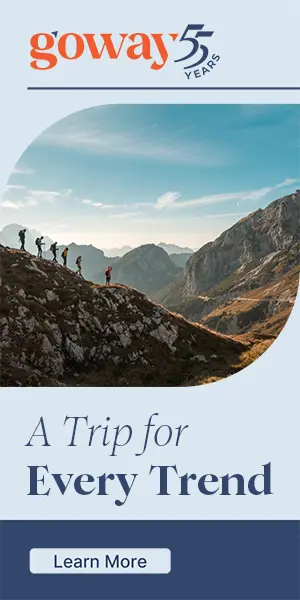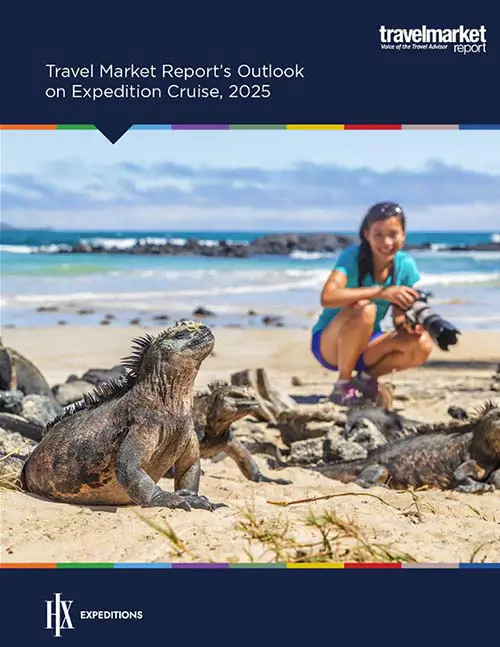Traveling for Well-Being High on Gen Z’s List of Travel Priorities
by Dori Saltzman
Photo: Shutterstock / William Perugini
Though travel goals and styles change as people age, taking a look at the trends for younger travelers can help prepare advisors for their future clients’ demands. Knowing that “dry vacations” and opportunities mental health are important can help advisors determine what their focus might be five to 10 years from now.
StudentUniverse, a Flight Centre Travel Group, revealed the results of its second annual State of Student Travel Report, revealing several trends for travelers aged 18 to 25.
“This is the second year that we’ve prepared this report and it’s interesting to see how year-over-year the difference in this generation’s travel sentiment shows significant shifts with regards to how they find travel inspiration and what concerns them most,” said Will Jones, brand manager at StudentUniverse. “These travelers represent a quarter of international travel arrivals and provide a great value to the travel industry…”
Traveling for mental health
Younger travelers are looking to travel for their own mental well-being – 93% agreed that travel can have a positive impact on their mental health, while 89% reported returning from a vacation feeling less anxious and more positive.
Dry vacationing on the rise
Related to traveling for well-being is a growth in the interest for “dry” (alcohol-free) vacations. A whopping 80% of respondents said they would take a vacation with no alcohol involved. In addition to improved health, respondents noted that abstaining from alcohol has a number of benefits including cost savings and preventing potentially unsafe situations.
Travel as life development
Younger travelers are also increasingly looking at travel as a way to grow, both professionally and personally. Eighty-seven percent believe that being well traveled improves their employability. In fact, 86% said they would work or volunteer on something related to their future career path. Respondents also said they believe that travel improves abilities such as interpersonal communication and provides a better understanding of how to work with people of different cultures.
Additionally, those that are already in the workforce are looking for opportunities to blend work and leisure travel.
Less interested in flying
A “notable” finding in this year’s report is the revelation that Gen Z’s concerns related to the environment continue to grow. A small minority of student travelers (13%) indicated that they won’t travel by plane due to emissions and a further 21% claimed to know someone who refuses to travel by air.
More significantly, nearly a quarter (23%) said they are willing to pay an optional carbon offset fee when booking.
Tech-driven but value human help
As a generation that has grown up fully connected, Gen Z, unsurprisingly, is willing to trust their travel planning to AI – to an extent. Just over half (51%) of respondents said they trust travel itineraries generated by AI, but only 21% said they’ve actually used a chatbot to build an itinerary. More importantly for travel advisors, 92% said that in the case of an issue they would prefer to speak to an actual person, and 87% indicated they would be frustrated if they couldn’t reach a real person.
TikTok rules for inspiration
Of those surveyed, 88% said they are active on TikTok and 60% reported they turn to the platform as their first choice for travel inspiration. Furthermore, 88% follow at least one travel influencer with 40% reporting they’ve booked a vacation as a direct result of content seen on TikTok.
Where U.S. Gen Z travelers are headed in 2024
1. Italy
- Japan
3. Greece
4. United Kingdom
5. France
6. Spain
7. Australia
8. Canada
9. New Zealand
10. Brazil
Where Canadian Gen Z travelers are headed in 2024
1. Italy
2. Japan
3. United Kingdom
4. Greece
5. France
6. Australia
7. Spain
8. USA
9. Germany
10. New Zealand
























